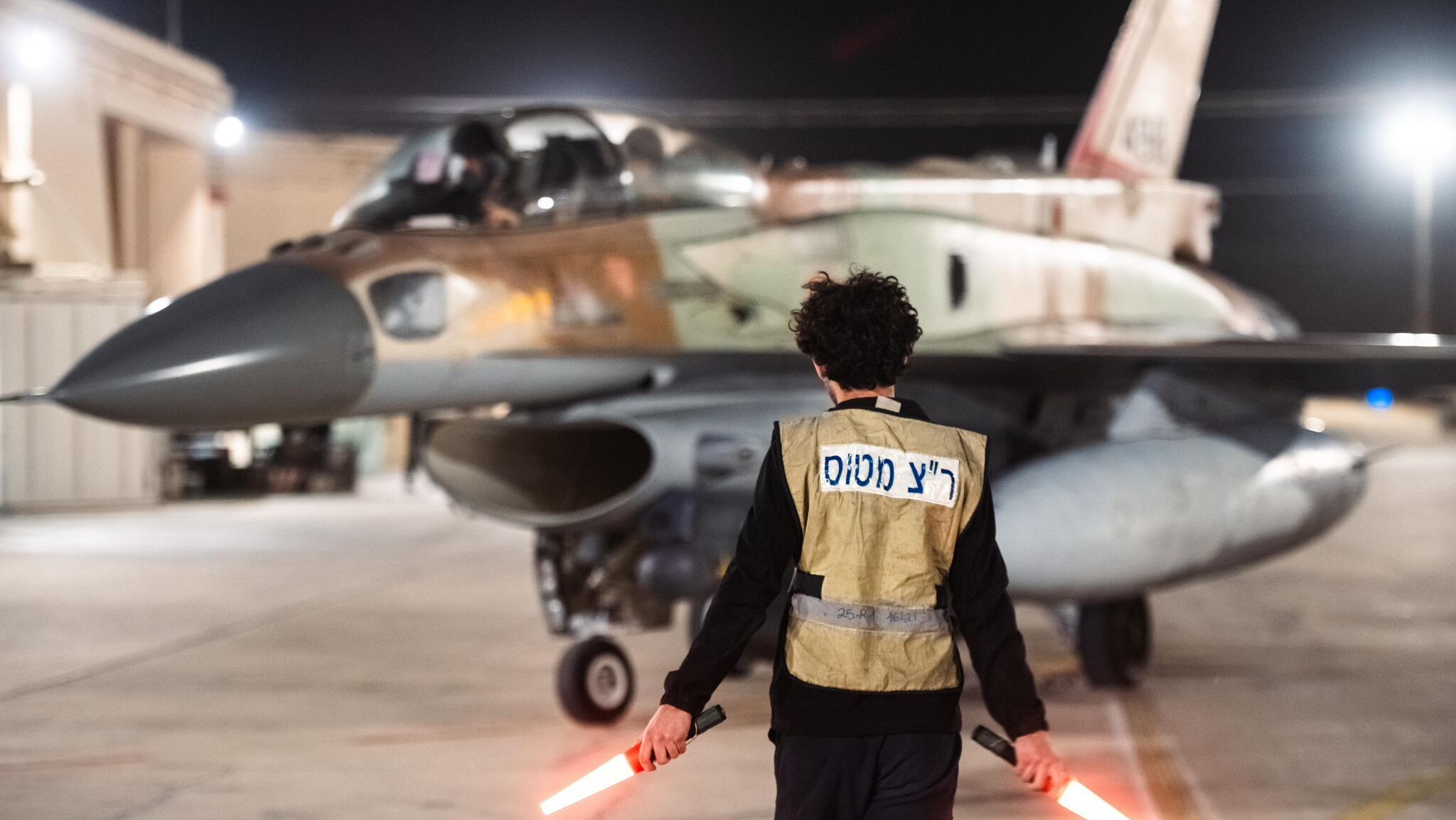Israel Strikes Iranian Military Targets in Retaliation for Ballistic Missile Attacks
In a significant escalation of regional tensions, Israel launched a series of airstrikes on multiple military targets in Iran early Saturday morning. The Israeli Defense Forces targeted strategic sites, including drone and ballistic missile manufacturing facilities and air defense batteries. This operation was a direct response to Iran’s ballistic missile attacks on Israel earlier this month and in April.
Prime Minister Benjamin Netanyahu convened with top officials, including Defense Minister Yoav Gallant and military leaders, to assess the security situation as the strikes commenced. Netanyahu’s office emphasized that Israel selected targets based on its national interests, denying reports that US pressure influenced the operation’s scope.
Give the gift of hope
We practice what we preach:
accurate, fearless journalism. But we can't do it alone.
- On the ground in Gaza, Syria, Israel, Egypt, Pakistan, and more
- Our program trained more than 100 journalists
- Calling out fake news and reporting real facts
- On the ground in Gaza, Syria, Israel, Egypt, Pakistan, and more
- Our program trained more than 100 journalists
- Calling out fake news and reporting real facts
Join us.
Support The Media Line. Save democracy.
More than 100 combat aircraft, including fighter jets and unmanned drones, participated in the operation. To prevent interceptions by Iran’s allies, the jets first targeted air defense batteries and radars in Syria and Iraq. After clearing these obstacles, the aircraft proceeded over 1,000 miles toward Iran and struck its air defense systems. A second wave targeted Iran’s long-range missile production sites, aiming to destroy critical components in the production process. The strikes deliberately avoided energy infrastructure like oil and gas facilities. The IDF announced that all aircraft returned safely after targeting roughly 20 sites.
IDF spokesman Rear Adm. Daniel Hagari described the strikes as a defensive measure intended to thwart immediate threats to Israel. Iran acknowledged that military sites were targeted but claimed its air defense systems successfully countered the attacks, resulting in “limited damage.” The Iranian army reported that four soldiers were killed during the strikes.
International reactions were swift, with global leaders urging restraint to prevent further escalation. Within Israel, political responses were mixed; some politicians criticized the government’s approach as not aggressive enough, while others supported the strategy.
As the reporter bringing you this story, I encourage readers to explore the full article for a detailed understanding of the operation and its potential implications for regional stability.



